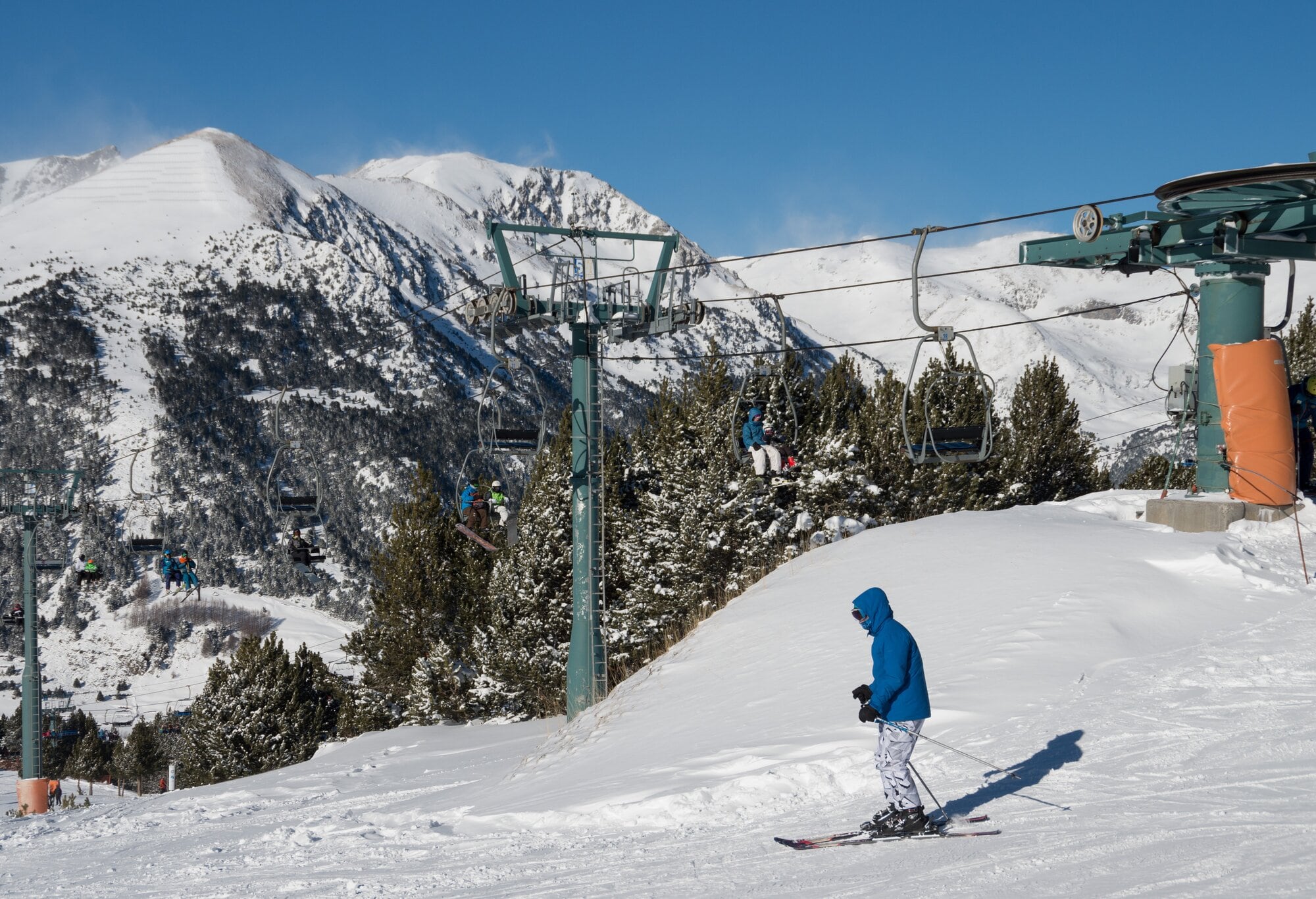In 2024 ACC spent more than $44 million dollars helping people recover from snow-sports related activities.
The organisation is challenging people to take a moment to consider the risk of injury.
People heading to the mountain this winter might want to stop and think about their workmates and their family before they hit the slopes.
New data from ACC shows that in 2024 the government agency supported 1018 New Zealanders with weekly compensation for loss of income after a skiing or snowboarding injury.
A total of 69,179 days of weekly compensation were paid by ACC which came at a cost of $10 million.
When a person is seriously injured and unable to work, ACC will pay up to 80% of the person’s income as weekly compensation, so they are still paid while they recover.
ACC injury prevention leader James Whitaker challenged all New Zealanders to ‘Have a hmmm’ and think about the risk of injury heading into the snow sports season.
“Hitting the slopes with friends and family is one of the most wonderful things you can do in New Zealand,” he said.
“We want everyone to embrace that and enjoy this winter season on the slopes safely so they can keep doing what they love.
“If we get injured on the slopes, it can significantly affect our lives, as well as the lives of friends, family and workmates.”
In 2024, ACC accepted 7632 skiing injuries which came at a cost of $30m to help people recover.
They accepted 5104 snowboarding injuries in 2024 which cost $14m.
The regions with the most snowboarding and skiing related injuries in 2024 were Otago (6697) Canterbury (2159), Auckland (1259), and Manawatū-Whanganui (1020).
Whitaker said it’s far better to prevent an injury happening in the first place.
“When winter comes around, many people head down the mountain and get into skiing or snowboarding after not doing it for a year, and this leads to accidents and injuries.”
Whitaker said it’s good to prepare your body well before heading up the slopes.
“If you’re hitting the slopes, complete a good dynamic warm-up before you do your first run. That will get you ready for the fun day ahead.
“You don’t want to get injured on one of your first trips to the mountain and spend months on the couch while your mates are heading away every weekend.”
In 2024, the age group with the most snowboarding injuries was the 25-29 age group (926) ahead of the 20-24 age group (904). For skiing the 20-24 age group (785) had the most injuries ahead of the 15-19 age group (763).
A loss of balance/personal control was the leading cause of injury ahead of a twisting movement for both snowboarding and skiing.
The knees (2165) and shoulders (943) were the most hurt parts of the body in skiing, while shoulders (875), knee (584) and hand/wrist (569) were the most injured parts of the body in snowboarding.
The Snow Safety Code – delivered by the Ski Areas Association of New Zealand and ACC – outlines three key points:
Whitaker encouraged people to be considerate of others, especially during busy periods like the school holidays where there is less space.
“Know your limits and enjoy the mountain in a safe and respectful way so everyone goes home happy and injury free.
“New Zealand has some of the world’s most beautiful places to ski and snowboard, and the start of the snow season is always an exciting time, but ease into it so you can enjoy the slopes throughout the winter season.”
Tips for staying safe on the slopes
- Know and follow the snow safety code
- Know your limits and choose the right run
- Protect yourself and wear the right gear
- Find your space and leave room for others
- Check the conditions and be prepared for anything because things can change quickly
- Take it easy on the first few runs, then gradually speed things up/go a bit harder
- Pay attention to your energy levels – have a break, a drink and some kai if you’re getting tired
Snow Safety Code – delivered by the Ski Areas Association of New Zealand and ACC
- Know Your Limits
- Ride to your ability, control your speed.
- Be aware of the conditions.
- Take a lesson.
- Find your Space
- Stop where you can be seen.
- Give others room.
- Look ahead.
- Protect Yourself
- Obey all signs and closures.
- Tired, take a rest.
- Wear a helmet.



0 comments
Leave a Comment
You must be logged in to make a comment.